-96%
Advanced Interpretation of Gastrointestinal and Liver Pathology: A Comprehensive Guide
Unlock the Mysteries of Gastrointestinal and Liver Pathology
Advance your diagnostic capabilities with this comprehensive update on the latest techniques and concepts in gastrointestinal and liver pathology interpretation. This authoritative resource, derived from Johns Hopkins’ prestigious annual event, provides an invaluable overview for pathologists seeking to enhance their ability to analyze and understand biopsies of the upper GI tract mucosa and liver.
Mastering Mucosal and Liver Biopsy Interpretation
Delve into the nuances of mucosal and liver biopsy interpretation, equipping yourself with the knowledge to confidently assess specimen characteristics. Explore essential aspects such as esophageal inflammation, common GI consultation challenges, and the critical role of genetic testing in gastrointestinal surgical pathology.
Unveiling Modern Techniques in Gastrointestinal Disorders
Discover the latest advancements in diagnostic techniques, including the application of advanced technologies to conquer gastrointestinal disorders. Gain insights into the interpretation and pitfalls associated with immunolabeling in spindle cell neoplasms of the gastrointestinal tract.
Mastering Colorectal Cancer Molecular Pathology
Expand your understanding of the molecular basis of colorectal cancer, equipping yourself with the knowledge to guide treatment decisions. Learn to identify common hepatic vascular diseases and differentiate patterns of liver injury, ensuring accurate diagnosis and patient management.
Learning Objectives: A Pathway to Proficiency
By completing this activity, you will emerge as a highly skilled and confident practitioner, equipped with the following competencies:
- Describe the principles and applications of checkpoint inhibitor (PD-1/L1) immune cancer therapy in laboratory medicine.
- Identify and avoid immunolabeling pitfalls in interpreting biopsies of spindle cell neoplasms of the gastrointestinal tract.
- Implement American College of Gastroenterology guidelines for the effective management of Barrett esophagus.
- Recognize and differentiate diverse patterns of esophagitis, including reflux, eosinophilic, and infectious etiologies.
- Utilize a systematic approach to streamline pancreatic pathology interpretation.
- Identify the significance of comprehensive genetic testing in colorectal cancer patient care.
- Diagnose common hepatic vascular diseases associated with hepatic vein obstruction, obliteration, and non-cirrhotic portal hypertension.
- Distinguish between common patterns of liver injury, enabling precise diagnosis.
Target Audience: Aimed at Experts
This activity is meticulously designed for community pathologists, gastrointestinal specialists, hepatologists, and gastrointestinal and hepatology fellows and residents.
Continuing Education Credits: A Testimony to Excellence
This activity has been approved for a total of 9.25 hours of AMA PRA Category 1 Credits™, ensuring your unwavering commitment to professional development and patient care.
Original Release Date: December 1, 2017
Credits Expiration Date: January 30, 2020
maybe you like these too:
- Approach to Consultations for Patients with Liver Disease, An Issue of Clinics in Liver Disease, 1e (The Clinics: Internal Medicine) (Original PDF from Publisher)
- Gastrointestinal Pathology: Classification, Diagnosis, Emerging Entities, An Issue of Surgical Pathology Clinics, 1e (The Clinics: Surgery)
- 2022 International Liver Transplant Society Annual Congress (ILTS) (Videos)
- 2017 Pathology Review Pulmonary, Neuro, and Hepatic Pathology for the General Pathologist (Videos)


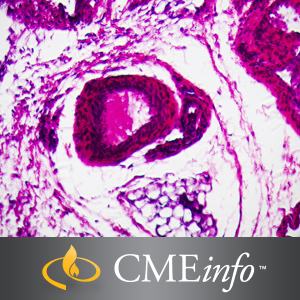
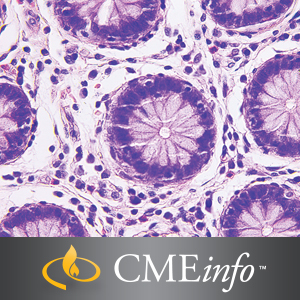
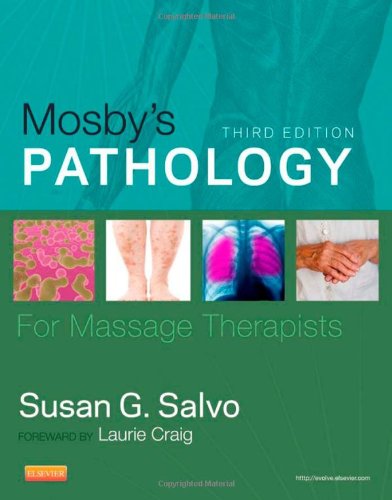
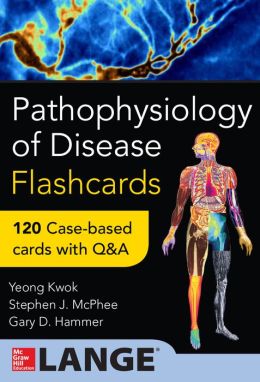
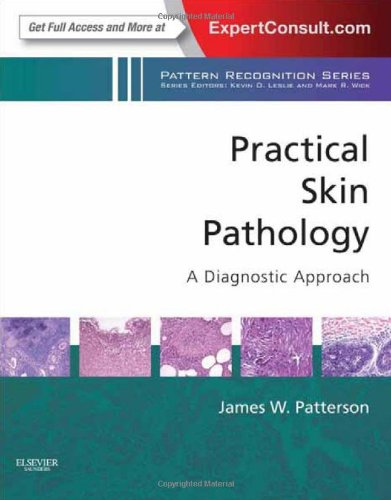
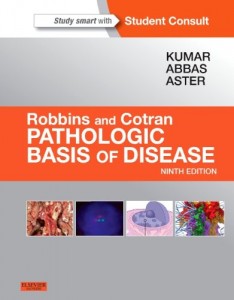
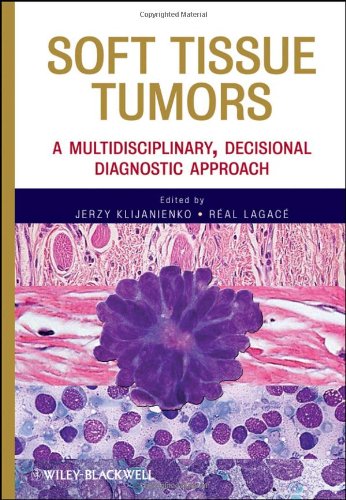
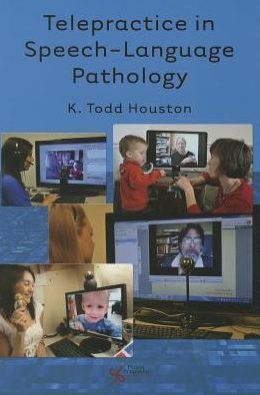
Reviews
Clear filtersThere are no reviews yet.